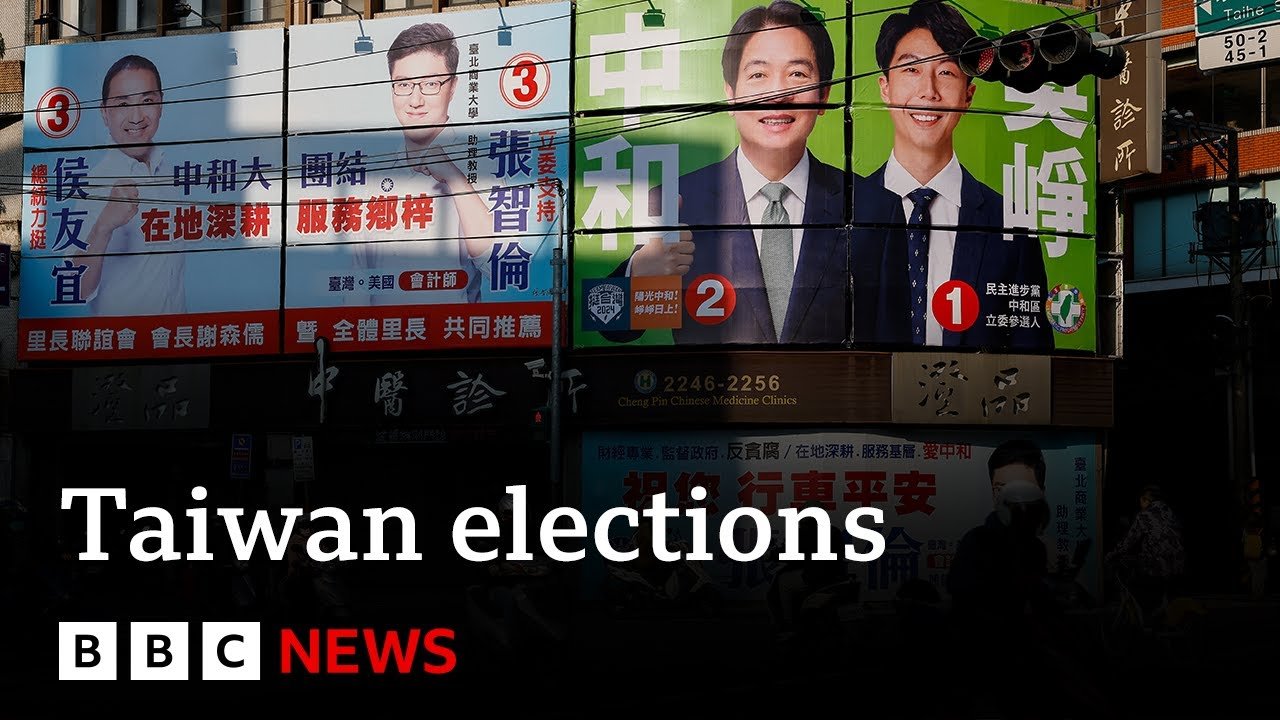Taiwan is set to hold presidential and parliamentary elections that have significant implications for the island’s relations with China. With China’s vow to unify Taiwan and not excluding the use of force, the elections are closely observed globally. Political analysts suggest that the ruling party may face difficulties maintaining a parliamentary majority, potentially leading to a minority government. Accusations of Chinese intimidation tactics have been downplayed by local experts, who believe the election will be more reflective of Taiwan’s democratic values versus authoritarian influence.
- The elections in Taiwan could influence the island’s relationship with China.
- China has vowed to bring Taiwan under its rule, with the potential use of force.
- Taiwan accuses China of trying to intimidate voters ahead of the elections.
- Political scientists predict that the ruling party candidate is likely to win the presidency, but a parliamentary majority is uncertain.
- There is a possibility of a minority government similar to a previous administration from 2000 to 2008.
- China’s threats are perceived as symbolic rather than a genuine intention to invade Taiwan.
- The US’s potential support is seen as a deterrent against any Chinese military action.
- The elections are seen as a choice between democratic values and authoritarianism.
- Complete coverage of the elections will be available across BBC News services.
The British Broadcasting Corporation is a British public service broadcaster headquartered at Broadcasting House in London. Originally established in 1922 as the British Broadcasting Company, it evolved into its current state with its current name on New Year’s Day 1927.
AllSides Media Bias Rating: Center
https://www.allsides.com/news-source/bbc-news-media-bias
Official website: https://www.bbc.com/
Original video here.
This summary has been generated by AI.
